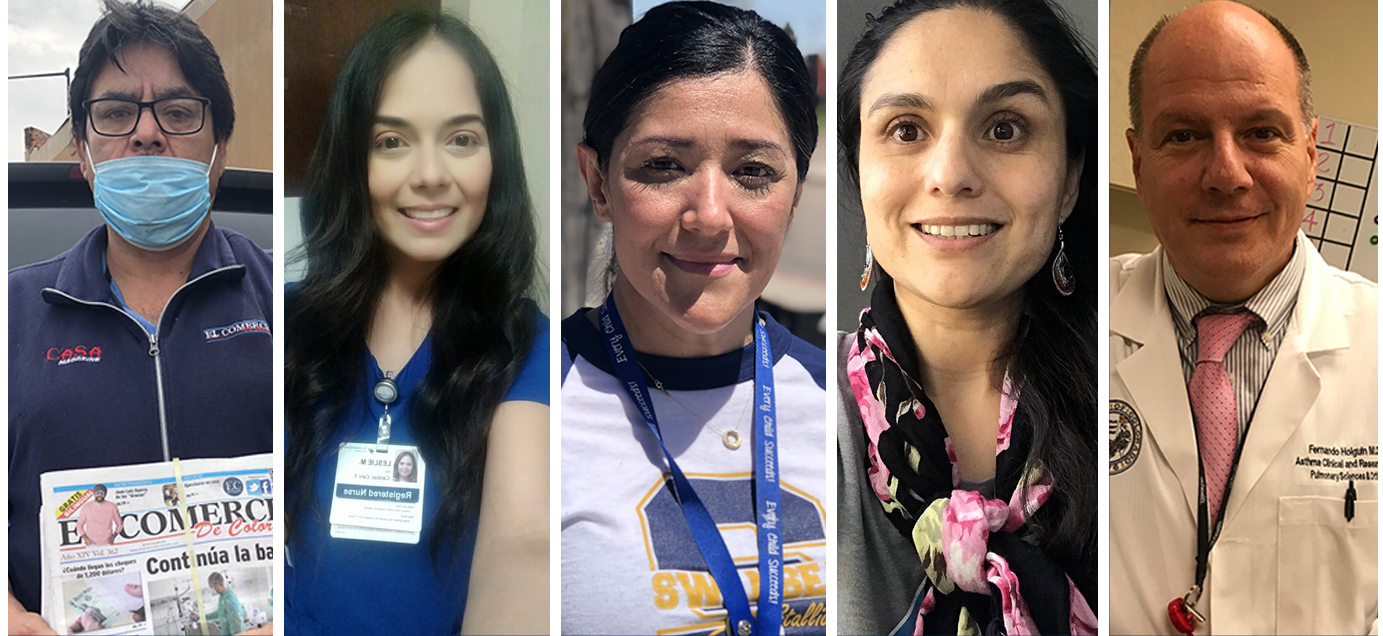Allowing the U.S. to Function During a Pandemic
Newsroom Tu CASA Magazine
Haga click aquí para leer la versión en español
Tu Casa Magazine has given voice to five workers to speak on how the Hispanic community continues to stand firm during these trying times. Five Hispanics, each with different professions, are grateful for their health and ability to feed their families. Above all, they value serving the whole of society.
Millions of Hispanic workers and professionals fill many key positions that allow the United States to function during pandemics. Gas station, supermarket, laundry, home delivery, and mechanic employees of Hispanic origin have continued to work essential jobs during the pandemic. Hispanic health professionals have also been caring for affected people and have contributed greatly during this emergency.
In Battle Formation
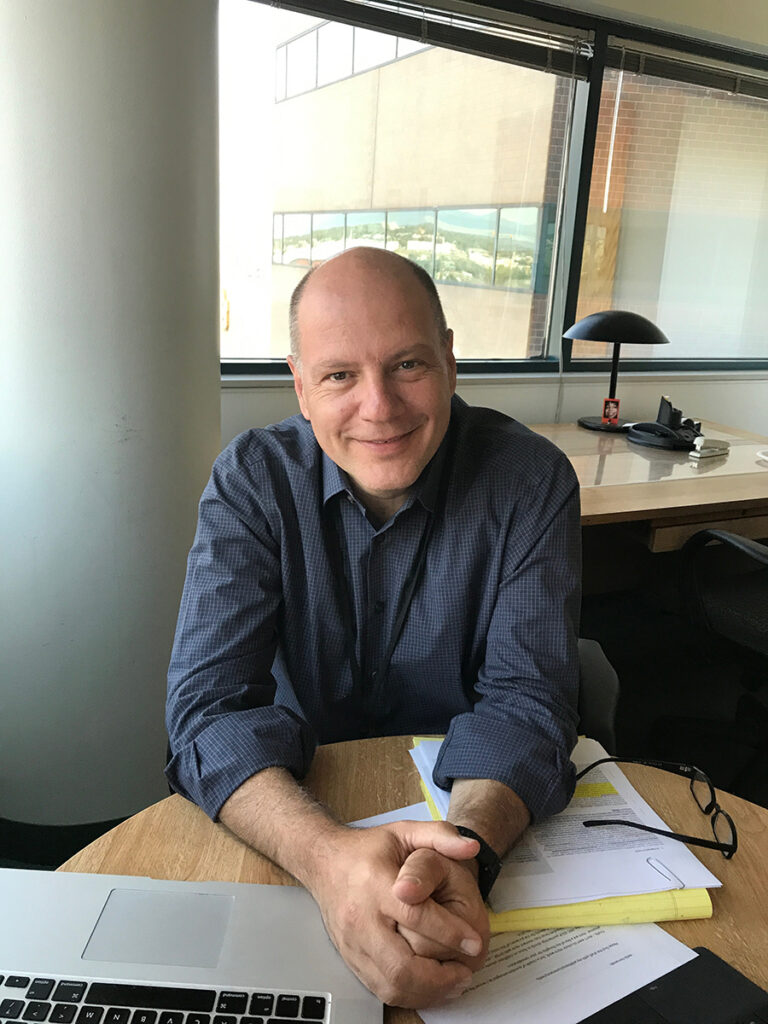
As a team member at the Colorado University Hospital in Anschutz, Fernando Holguín, a Mexican doctor, has been treating patients with COVID-19 in critical condition. Those patients entrusted to this hospital are in good hands however. Holguín studied medicine at the La Salle University in Mexico City (CDMX), his hometown. Holguín then continued his graduate education at Emory University in Atlanta, Georgia.
Holguín specialized in internal medicine with an emphasis on critical care to patients with lung diseases. Over time, Holguín has become a world authority on asthma, a common lung disease. This doctor understands the struggles of those with COVID-19, and is learning more by the day. “Many things have surprised me, especially, the extent to which lungs fail in some patients,” stated the doctor.
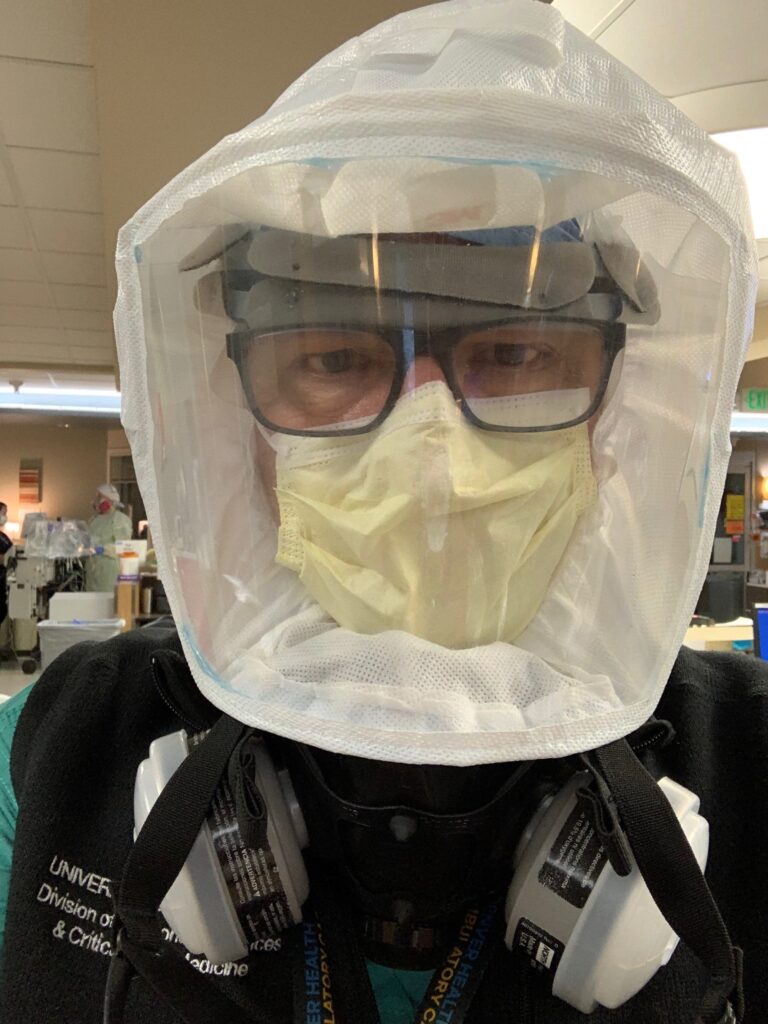
Holguín was also shocked by non-pulmonary manifestations which he calls “inflammatory storms,” that some patients undergo. By this Holguín is referring to a patient’s immune system response in the most severe phase. The immune system releases a large number of cytokines, which act as an army that attack the intruder, COVID-19. This army of cytokines produces inflammation in the body’s main organs which could lead to death.
His experience as a doctor goes hand in hand with his personality. “My feelings after two months of this epidemic are a combination of stress due to the possibility of getting the virus myself, and a strong desire to help the sick. I will always remember those patients I have seen pass away. Before dying, a patient told me, ‘It is a cruel and ruthless virus,’ which I couldn’t stop thinking about afterward. I believe people will now be thinking in terms of a pre and post COVID-19 world. People will talk about this for decades,” Holguín told us.
First Experience
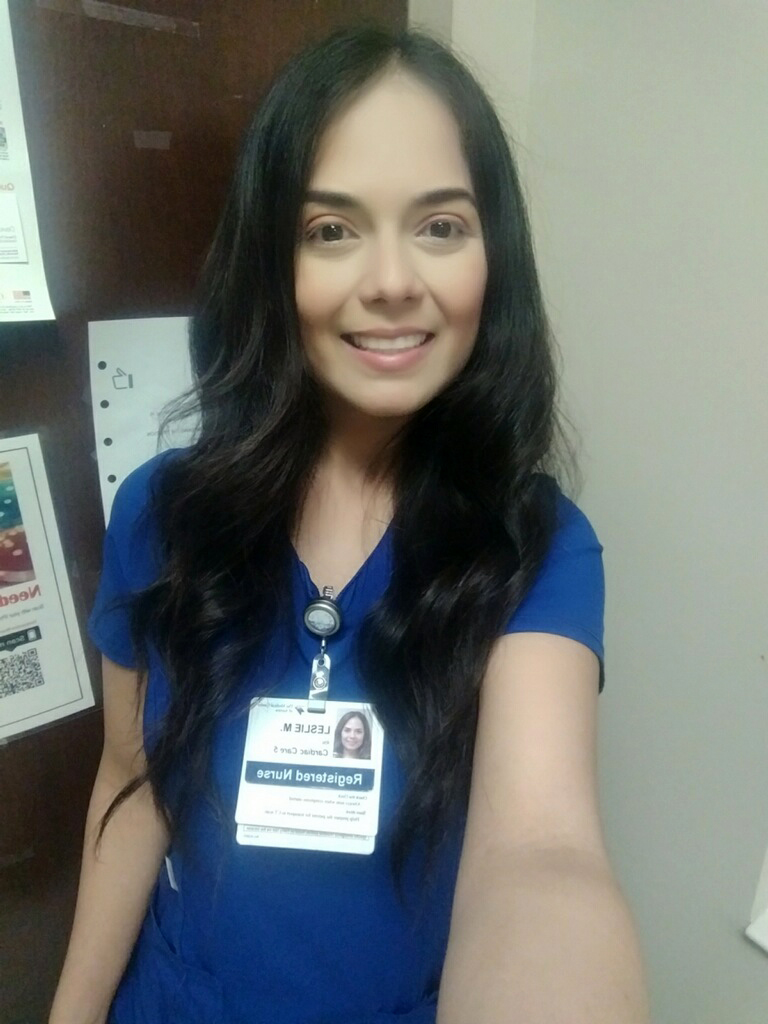
Leslie Muñiz, nurse at the Medical Center of Aurora aspires that each person will one day forget about their sufferings in this crisis. “I think that ten years from now, we will remember that this was a time of immense stress and helplessness. It is sad that many have died without having their relatives nearby. I hope that we all learn to prevent a similar event in the future,” said this young professional from Torreón Coahuila.
Muñiz speaks with pain. This epidemic is her first time responding to a public health emergency. She came to the U.S. immediately after graduating high school. “Since my time in school, I strove for a career in the field of health. This calling became especially clear to me after visiting a nursing home, which lead me to postpone my University study plans. As soon as I could pay for school however, I continued with my long-term goal of entering into the health field. I graduated as a nurse in May 2019,” she said.
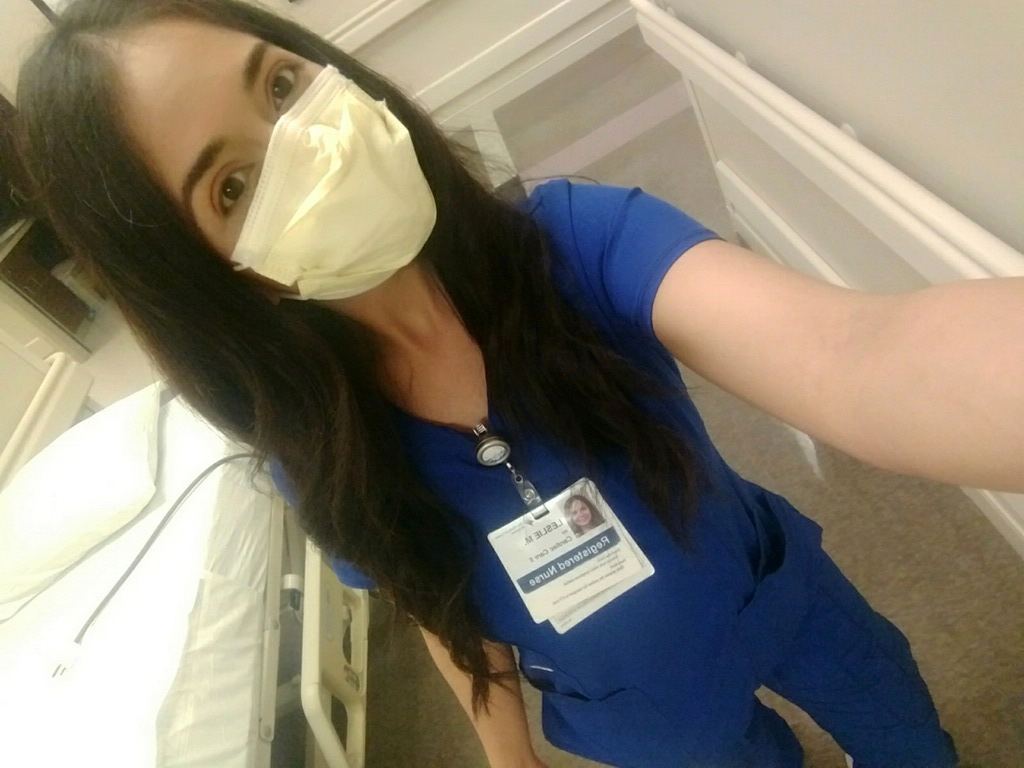
This young nurse practitioner has adjusted to the demands that came with COVID-19. For eight months, she worked in a cardiology unit until one day most of the hospital units went on to treat patients with the virus. “It has been a tough time, but we must continue to work with great care in every detail. I use all personal protection elements such as the special N-95 masks. However, it would be nice to spend more quality time with patients since we can only have minimal contact with them,” she said.
No Leaving the Kitchen
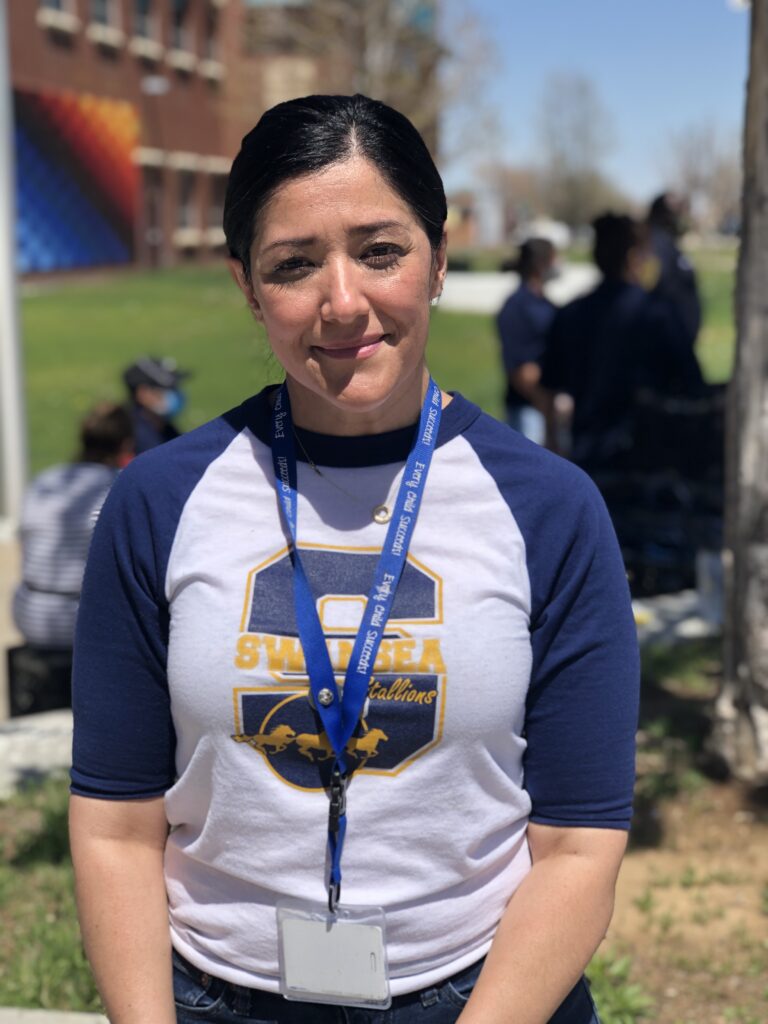
Pamela Gutiérrez is the mother of three children, two of which are teens, and one younger. She has managed to continue working in the midst of COVID-19 while her older children take care of their little sister. Her routine in the past two months has not changed. Gutiérrez gets up at 5 in the morning and her first mission is to prepare breakfast for her children. Then she gets ready for the day, and begins her workday at 6:30 am in the kitchen of the DPS Montbello Campus in Northeast Denver. Her work day runs until 1:30 pm.
Gutiérrez, originally from Chihuahua, works in the educational center of the Montbello Campus, occasionally moving to the kitchen of other schools. From Monday to Friday, she works in the school kitchen with a team of four other women whose mission is to prepare five hundred meals a day. There are 250 breakfasts and 250 lunches. On Fridays, the day is more intense because they need to prepare 600 meals. “Families can pick up their meals for the weekend on Friday,” said Gutiérrez.
Gutiérrez’s work has become very important during the epidemic. “Many families depend on these free breakfasts and lunches. Collecting parents must be working elsewhere or at home without the income necessary to provide their children with food. In many other cases, some parents have lost their jobs and these meals are a lifeline,” she said. Gutiérrez is satisfied with the accomplishments of the workforce and their perseverance to help those in need.
Leading an Army
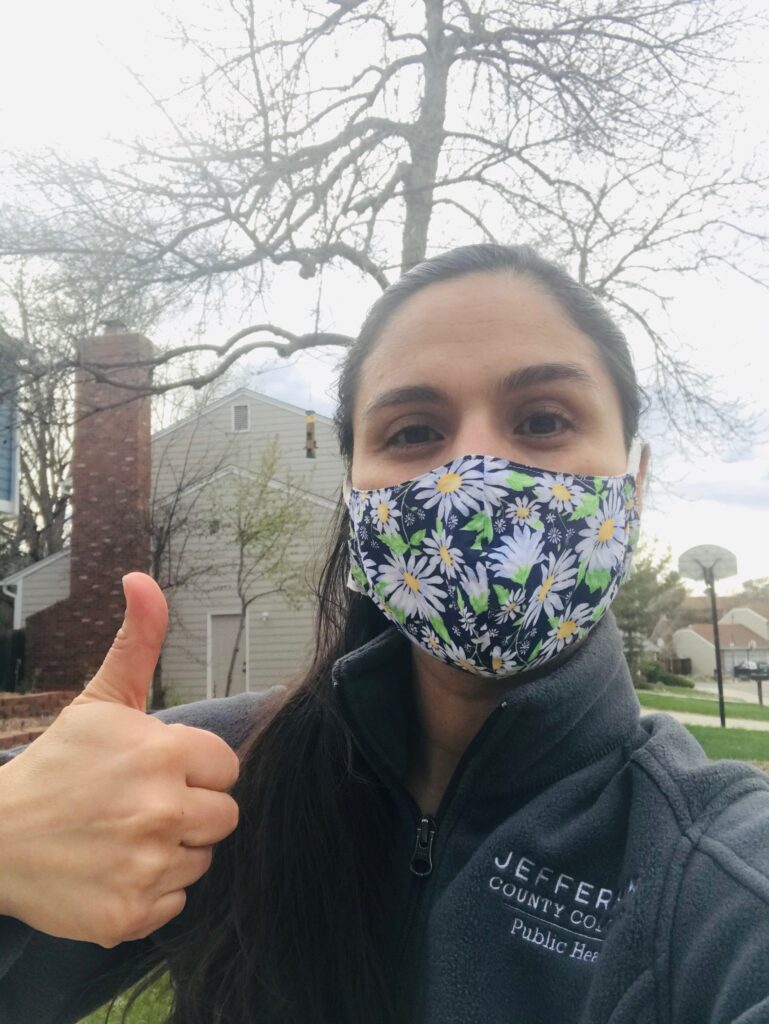
Unlike Holguín, Muníz, and Gutiérrez, Paulina Erices has been working from home. From the dining room of her residence, Erices assembled and leads an army of volunteers who answer calls to the Community Navigator Line. “It is an initiative that seeks to facilitate access to information for people during vulnerable situation. Fortunately, in this country, there many resources. However, there are some barriers that prevent Hispanics from taking advantage of those benefits,” said Erices, who works at the Jefferson County Health Department.
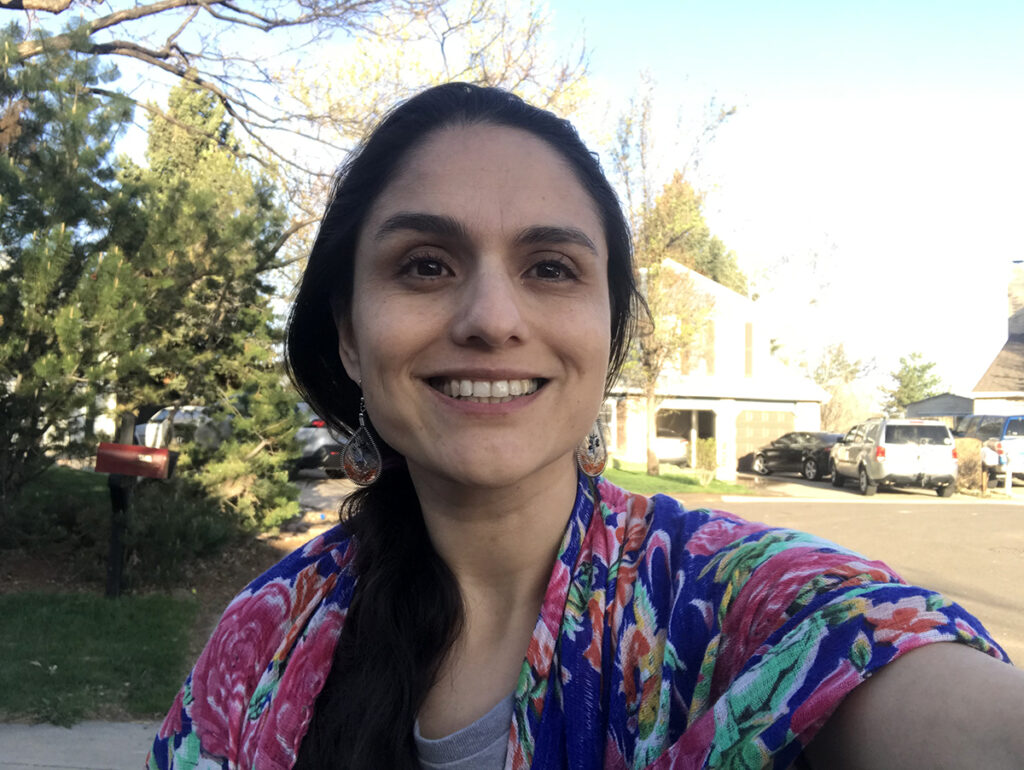
Erices, born in Chile, is delighted at seeing volunteer dedication. “Many believe that we have a physical call center with computers. In reality, we are mothers and fathers who take care of our own families. When receiving calls, we identify the need of the people who call us. We look for the information pertinent to each one’s needs and we provide it to them. We answer calls as quickly as possible,” said Erices.
Tour the Metropolitan Area
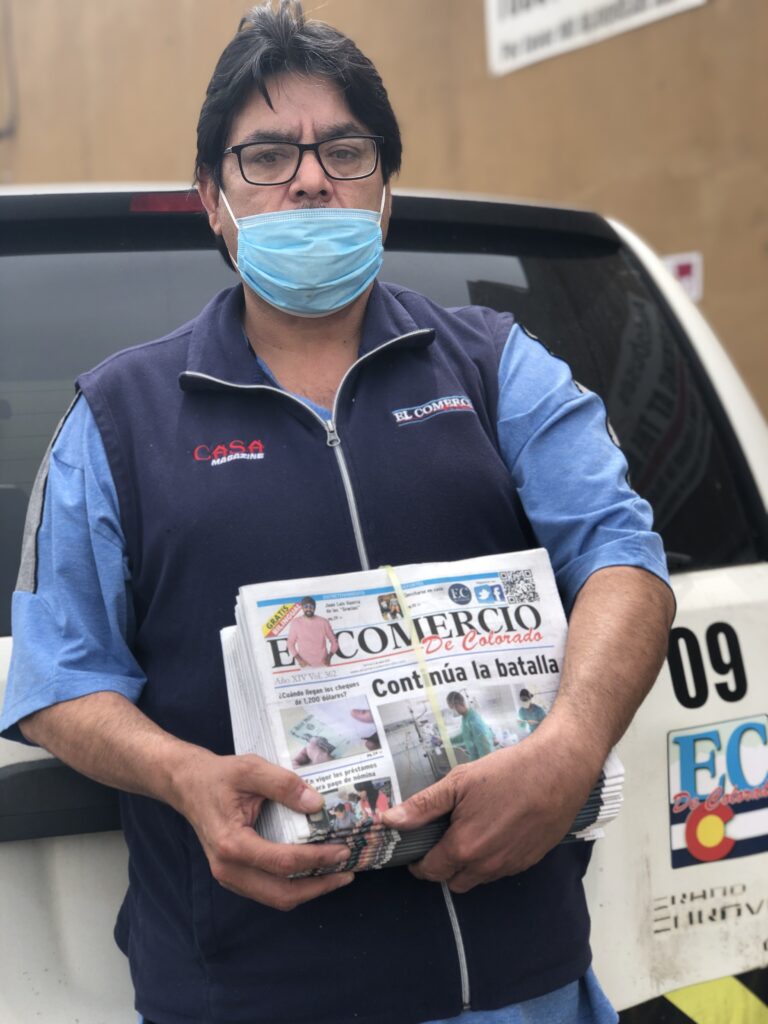
Joel Vargas began wearing face masks and gloves since mid-March 2020. For Vargas, it was very important to protect his health as well as that of others. “I have had the mission of dispersing copies of El Comercio de Colorado and Tu CASA Magazine to all corners of the metropolitan area. I can attest to how much people are interested in staying informed. Many people have shared with me their hope of a speedy continuance of commercial activity, “said the distributor of these publications.
Vargas, who was born and raised in Chihuahua, has a lifetime in distributing publications. He understands the publishing and communication business and therefore has acquaintances throughout the state. Through these contacts, Vargas has been in the know of how COVID-19 was impacting Colorado. “In these months, I have traveled throughout much of the state. I think the situation was severely serious in Greely and the surrounding area. I believe that the worst has already passed, but we must continue to take care of ourselves,” Vargas assures.
You may also like:


